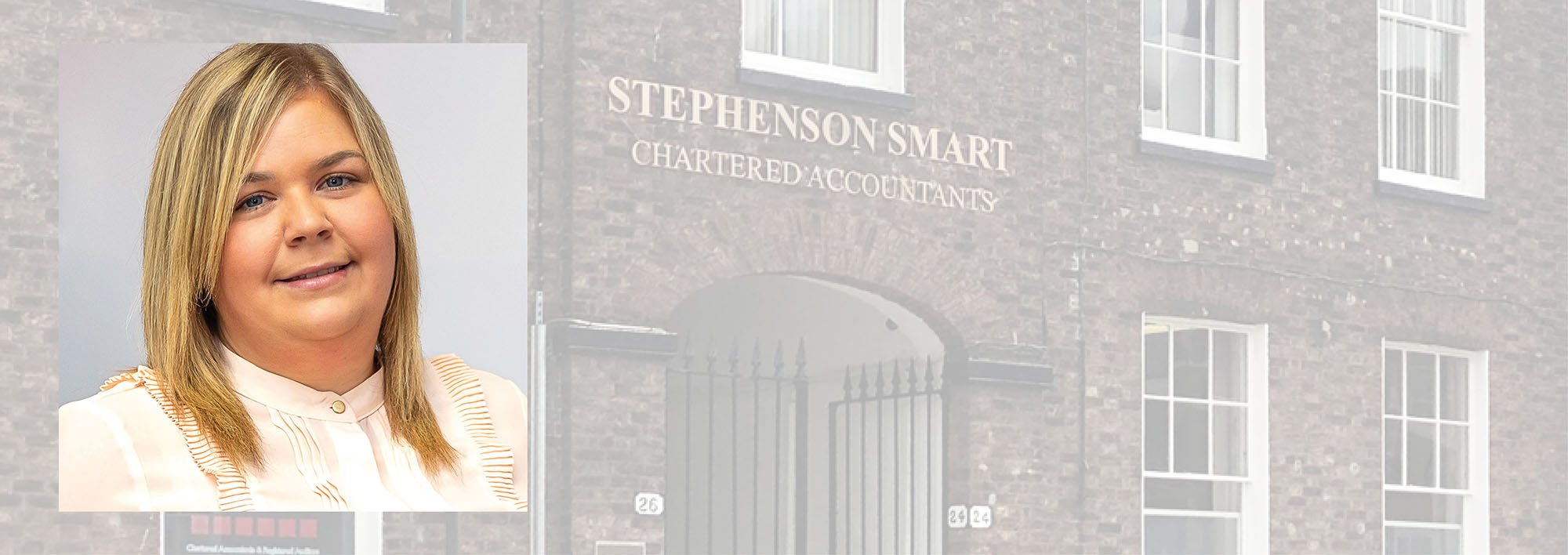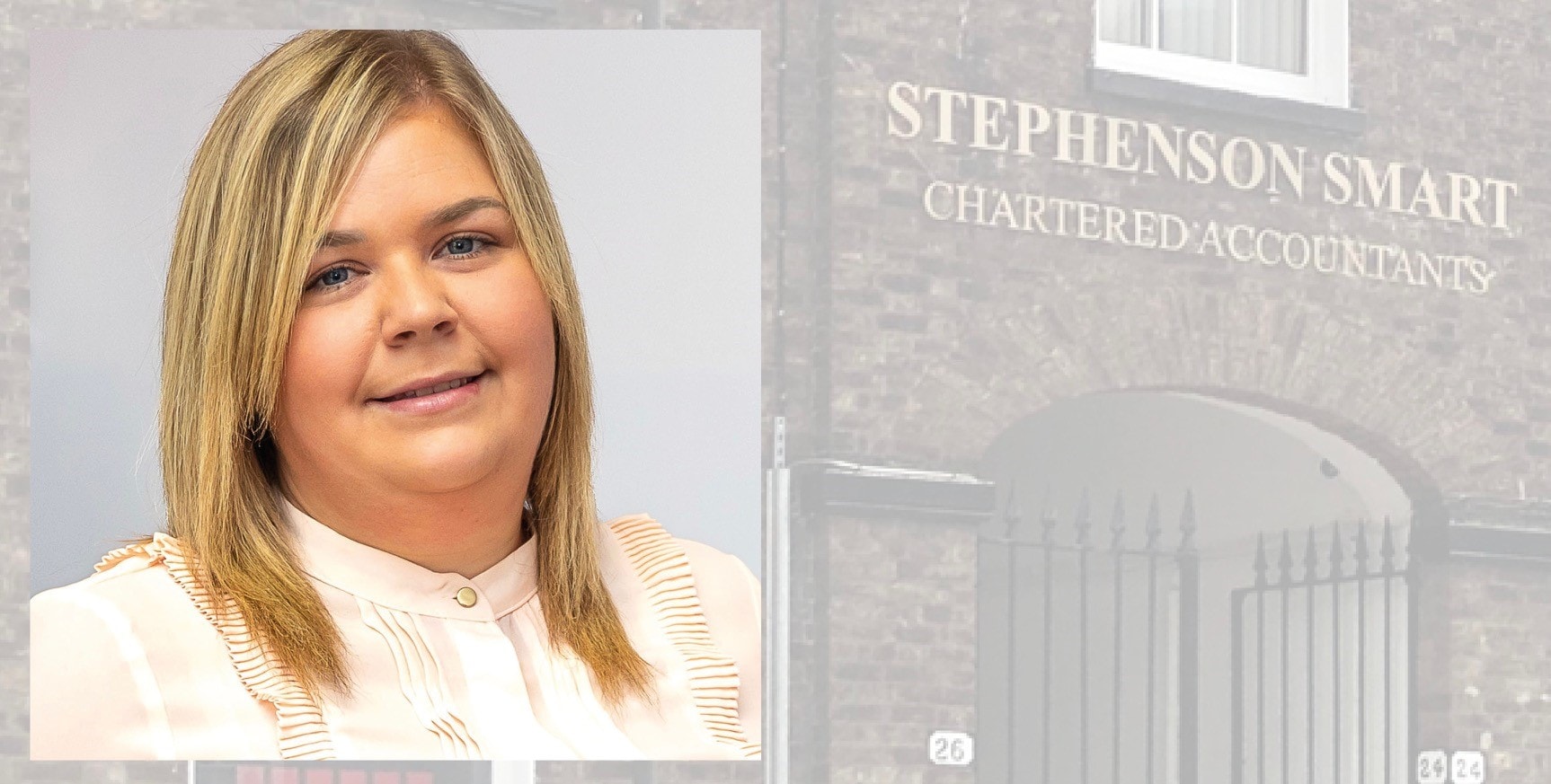8th November, 2023, Kayleigh Wilson
Does your business’s year end coincide with the tax year end? If not, you need to know about basis period reform.
Basis period reform is the government’s plan to move most sole traders and partnerships to an accounting year end in line with that of the tax year (31 March/5 April), by April 2024. If your business’s year end date does not fall between these dates, we recommend that you consider the possibility of moving it, or the ongoing implications if you do not.
How will basis period reform affect your business?
Generally, businesses draw up annual accounts to the same date each year, called their accounting date. A business’s profit or loss for a tax year is usually the profit or loss for the year up to the accounting date in the tax year, called the basis period. For instance, if your accounts are drawn up to 30 June 2022, the profit or loss made during this 12-month period is assessed to tax in the tax year ended 31 March/5 April 2023, this is known as the current year basis.
Specific rules determine the basis period in certain cases, including during the early years of trading; these are called the opening year rules and very often result in creating overlapping basis periods. This means, in the beginning you may have been taxed on the same profits twice, generating overlap relief. Overlap relief is then given on the cessation of a business, or a change in accounting date. However, the basis period reform is seeing that all overlap relief will be utilised in the tax year ending 31 March/5 April 2024.
Businesses will have to calculate their profits or losses for two periods to report on the 2023/24 tax return, this is the transition year:
Standard part (period A): 12 months to the previously used accounting date
Transition part (period B): From end of period A to 31 March/5 April 2024.
Any additional profits taxed in the transition year will be automatically spread over 5 years, to avoid large tax liabilities that businesses cannot afford. This calculation is quite complex and will be done on a client-by-client basis.
Going forward your profits will need to be reported on a tax year basis, being 6 April to 5 April; this can be done by changing yearends to be in line with the tax year, or, by preparing two periods of accounts for each tax year and pro-rating accordingly.
Be ready for basis period reform
The tax year from 6 April 2023 to 5 April 2024 is the transition year for basis period reform. To make the move over as easy as possible we recommend starting the process now - we can help you with this.
If you are a sole trader or partnership with a year-end that does NOT coincide with the tax year end, please get in touch with us now.
Profile: Kayleigh Wilson FCCA CTA, Tax Manager


